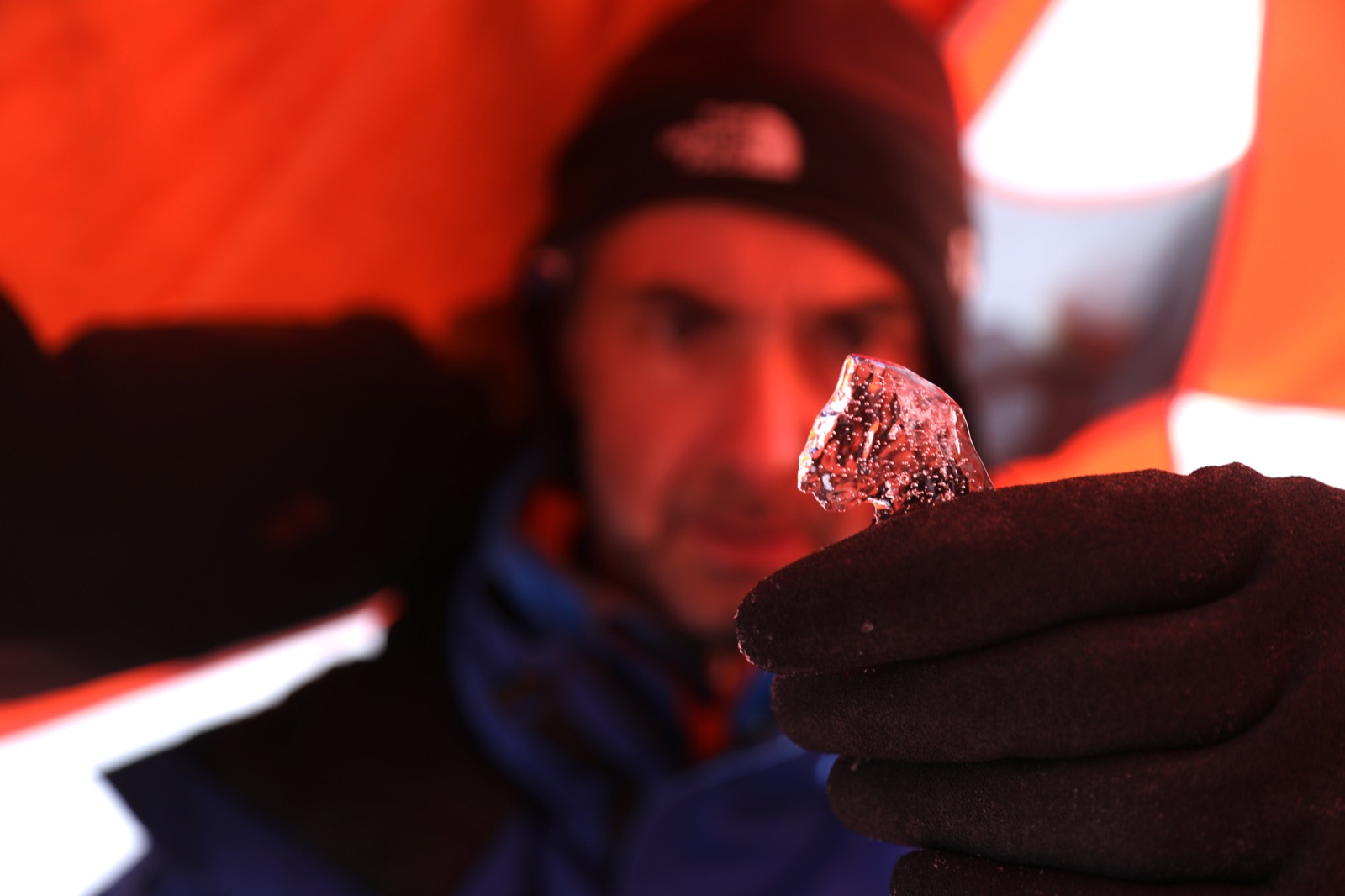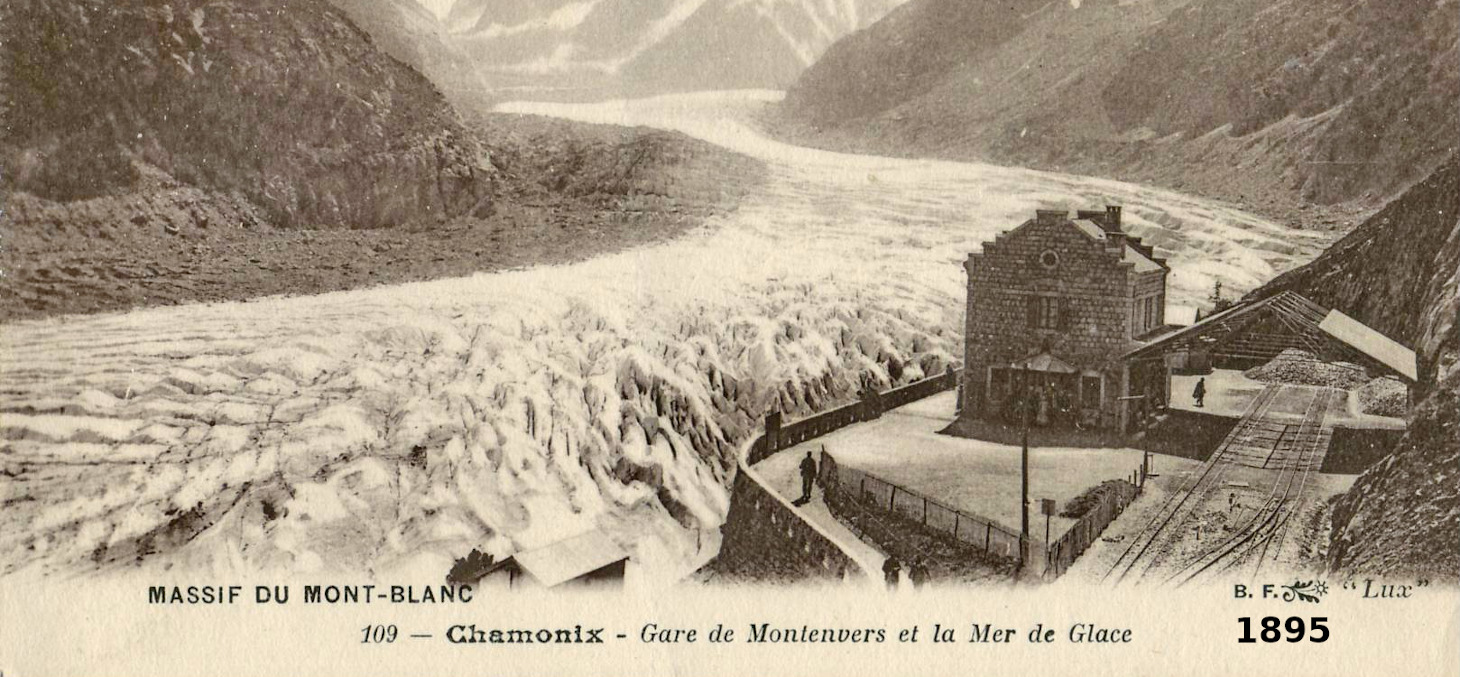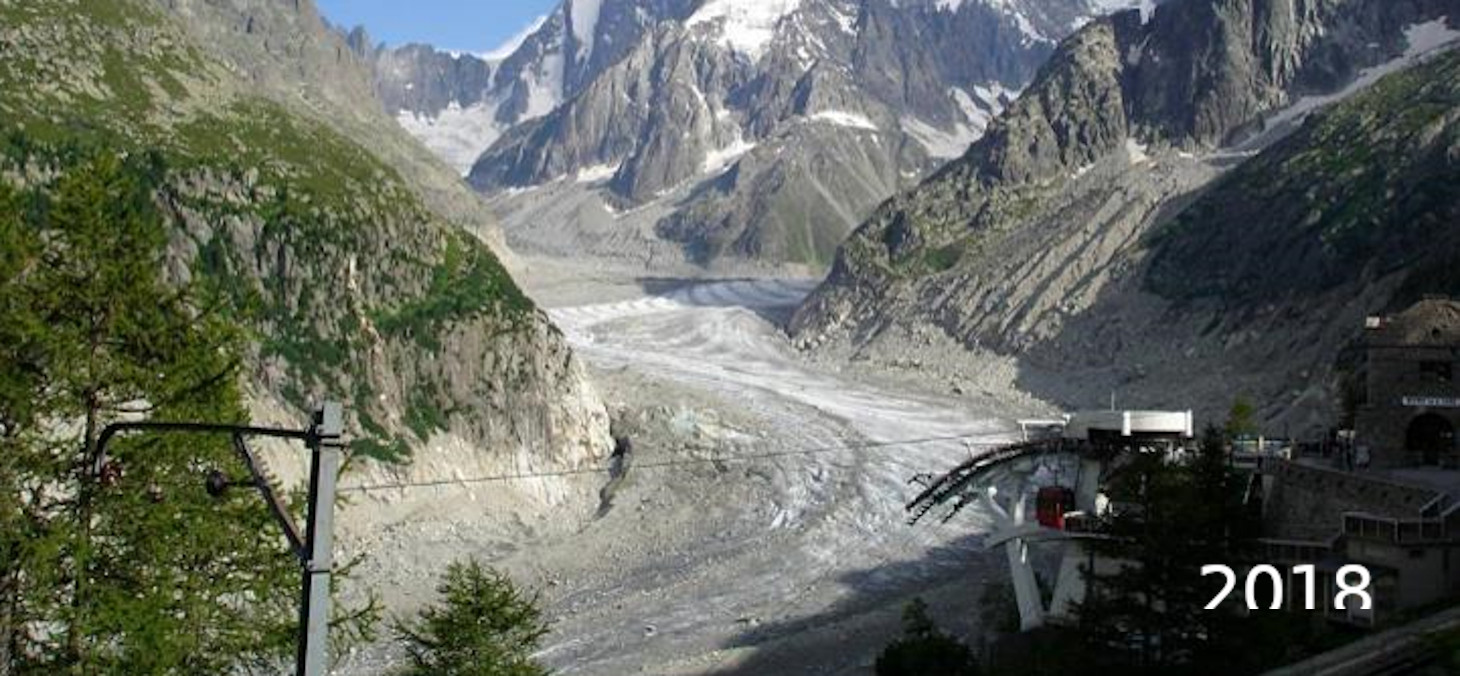Why Ice Memory

A race against time to conserve high-quality data
Glaciers, true history books
Glaciers are true sentinels, holders of a wealth of data that helps us understand and trace both climate and environmental events throughout several centuries or even millennia.
By trapping the different components of the atmosphere, ice represents an invaluable source of information for tracing our environmental past, for providing knowledge of past climate evolution,
Variations in temperature, atmospheric concentrations of greenhouse gases, natural aerosol emissions, pollutants produced by human society …The science of ice cores can study the dozens of chemical compounds that are trapped in the ice: gases, acids, heavy metals, radioactivity, and water isotopes…
… that are disappearing
With climate change, glaciers are endangered archives. If climate change continues at its current pace, world’s glaciers will continue to be altered and ultimately to disappear: according to IPCC simulations, the glaciers with peaks below 3,500 m in the Alps and 5,400 m in the Andes will be gone by 2100.
These unique pages from the history of our environment will disappear forever, with no possibility for future generations to study them.
In the firm belief that we need to start protecting this invaluable heritage right now, scientists from several nations have decided to collect ice cores from endangered glaciers so that future generations of researchers may benefit from high-quality raw material and continue to contribute to the environmental and climate science, crucial for the future of humanity.
It is essential to safeguard them as they allow us to understand previous environments which will help us anticipate future changes.
There is therefore an urgent need to safeguard these particular archives of the planet and human history.
How does the ice tell us the history of our planet?
Glaciers are true sentinels, holders of a wealth of data that helps us understand and trace both climate and environmental events throughout several centuries or even millennia. With climate change, glaciers are endangered archives. It is essential to safeguard them as they allow us to understand previous environments which will help us anticipate future changes.
Scientific data obtained from studying ice cores drilled out of glaciers has substantially contributed to a universal knowledge through the understanding of our climate and environment, providing thus objective data that allows for informed decision-making for the well-being of humankind. In particular, this data provides the international community, via the IPCC (Intergovernmental Panel on Climate Change), to set the global physical context guiding transition policies needed to be implemented to curb global warming.
There is therefore an urgent need to safeguard these particular archives of the planet and human history.
Go further and download:
Updated on October 30, 2023



